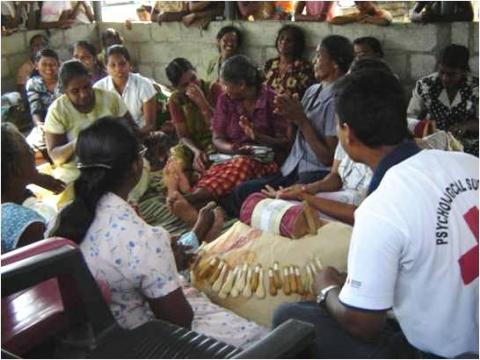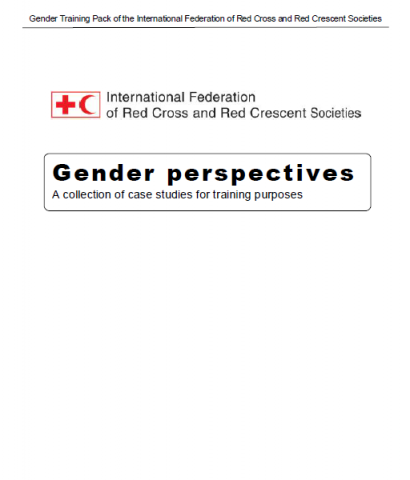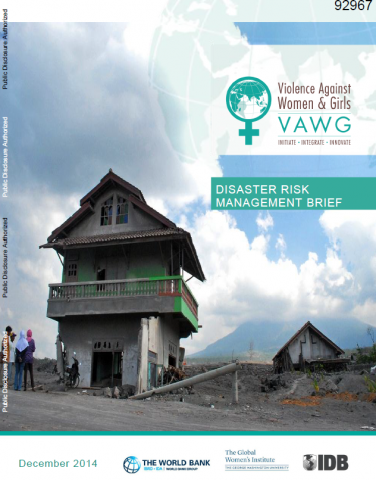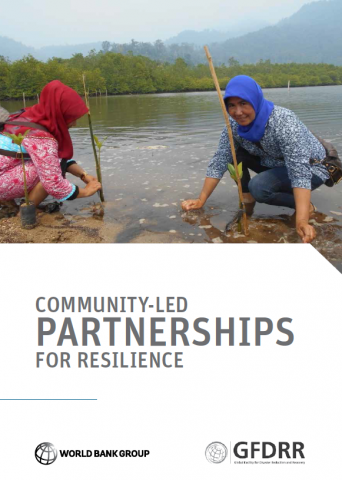Gender perspectives in disaster recovery
The following story was written by Lena Kang, Knowledge Management Intern, GDPC, based off an interview with Anjana Dayal de Prewitt, Senior Advisor, Community Mobilization at the American Red Cross. Women and resilience Bringing in high-level knowledge, technological know-how, and years of experience into long-term development initiatives, conflict zones, and disaster recovery is risky and […]
Gender perspectives in disaster recovery Read More »





